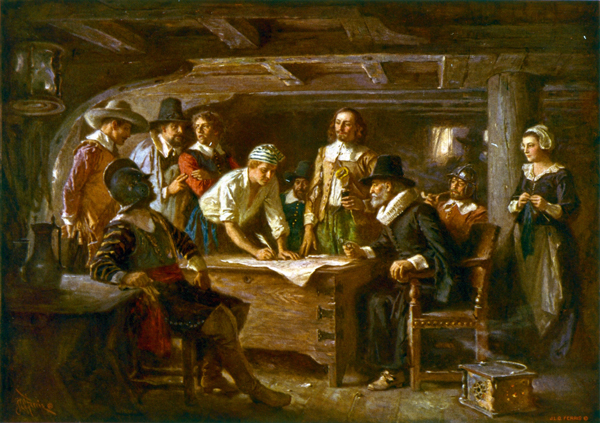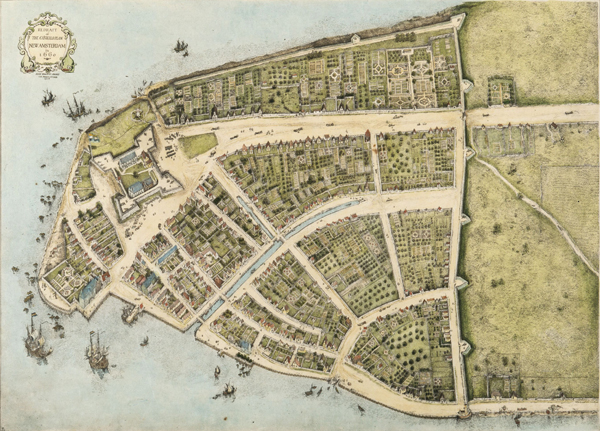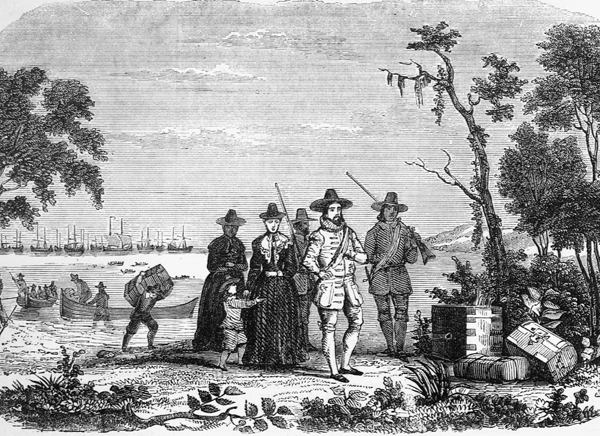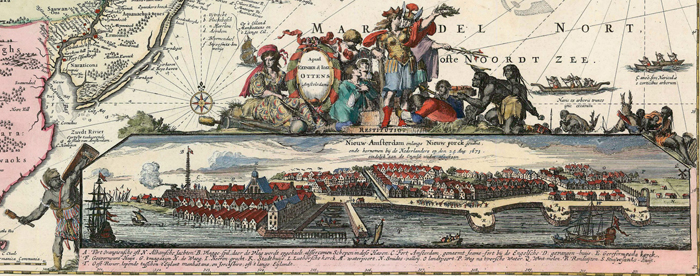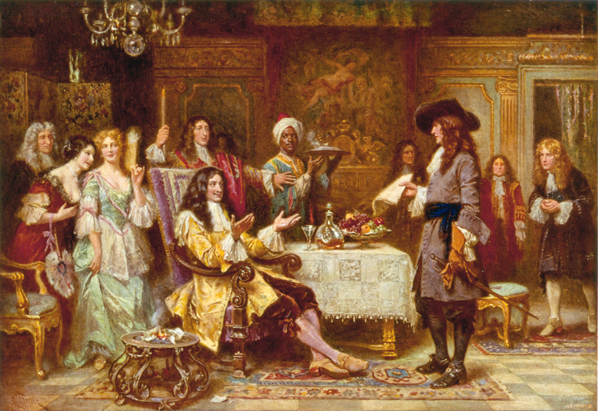Guarda e rispondi
Descrizione
Anglo-Saxon tribes were led by a king, who was helped by professional warriors (thanes) linked to him by a strong sense of loyalty. Whereas the Celtic clan system was based on kinship (blood relations), the basis of aristocracy and kingship is a personal tie between the warrior and his lord.
The warriors that conquered the country were soon joined by groups of common people (ceorls) including peasants, women, and children.
Unlike ceorls, thanes were warriors who had been given more land (up to 5 hides) as a reward for their services. In times of war, each family (owning a hide) provided a fully-armed man. As ceorls only fought in cases of need, while thanes specialized in fighting, a sharp class division arose between warriors and peasants. The thane offered defence in exchange for services, and local ceorls would either work for him or pay him a sort of rent ‘in kind’ (a part of their produce).
The social structure of Britain was about to develop into a feudal system: the thane was about to become a feudal lord, while ceorls, bordars (those owning less than a hide) and cottars (who owned only a cot = small house, or hut) were becoming serfs. Besides ceorls and thanes, there was a third social class: the clergy, or class of priests.
Being the only ones able to read and write, clergymen promoted civilisation and culture. Priests and monks were the earliest legal advisers, teaching kings how to draw up documents and charters and change the law of the country, which had always been based on custom only


